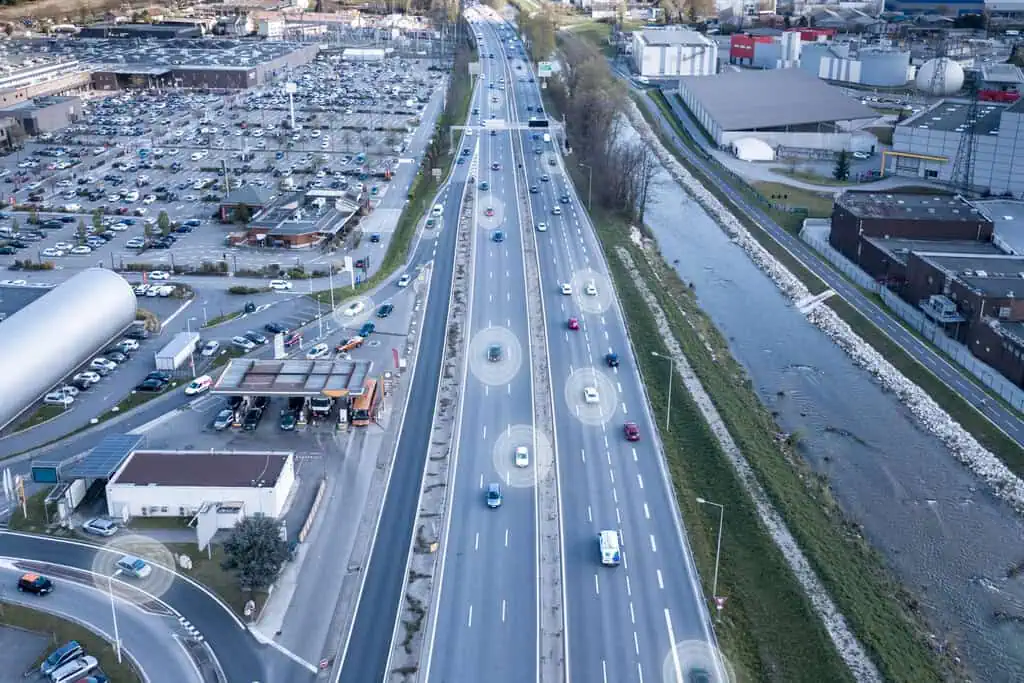Importance of High-Quality Data Annotation for Lidar Applications
Lidar’s popularity has skyrocketed recently, and for a good reason. Due to technological advances, lidar is used in everyday consumer products like smartphones, VR gadgets, vacuum cleaners, and autonomous vehicles. In this article, we’ll discuss why high-quality data annotation is crucial to ensure accuracy in lidar applications.
What is LIDAR?
Lidar, which stands for Light Detection and Ranging, is a remote sensing technology that uses lasers to measure the distance to objects. Lidar sensors are commonly used in autonomous vehicles to create high-resolution 3D maps of the surrounding environment. The vehicle’s software then uses these maps to navigate and make decisions.
However, for these maps to be helpful, they must be annotated accurately. This process, known as lidar annotation, involves labeling the objects in the scene, such as cars, pedestrians, and traffic signs. Lidar heavily relies on machine learning models to provide real-time interpretations of point cloud data. Analyzing 3D lidar point cloud data is complex, repetitive, and time-consuming. This allows the vehicle’s software to recognize and understand the objects in the environment, which is critical for safe and efficient operation.
Why is High-Quality Data Important?
Inaccurate or incomplete annotations can lead to vehicle decision-making errors, potentially resulting in accidents or other hazards. For this reason, lidar annotation must be performed by experienced and trained professionals using top-notch tools and techniques.
One of the challenges in lidar annotation is the vast amount of data that must be processed. Lidar sensors can generate massive amounts of data, and manually annotating this data can be time-consuming and labor-intensive. This is where machine learning comes into play. By using machine learning algorithms, it is possible to automate and accelerate the annotation process while maintaining a high accuracy level.
High-quality lidar annotation training data is essential for the development of autonomous vehicles. Accurate and comprehensive annotations are necessary for the vehicle’s software to understand and navigate the environment safely and efficiently. By using advanced tools and techniques, including machine learning, companies can ensure that their training data is of the highest quality, allowing them to stay at the forefront of the autonomous vehicle industry.
In the highly regulated and safety-conscious world of transportation, a single accident involving an autonomous vehicle can have significant repercussions. This can include costly lawsuits, damage to a company’s reputation, and the potential loss of government contracts or regulatory approvals. In the worst case, it could even lead to the suspension or termination of a company’s autonomous vehicle program.
Ensuring a Competitive Edge with Quality Data
Quality lidar data is critical for the safety of autonomous vehicles as well as the overall success of the industry. As the competition to develop and deploy autonomous vehicles heats up, companies must ensure that their cars can navigate and make decisions in various environments and situations. Ensuring the data is high-quality is key to achieving this level of performance and can give companies a competitive advantage in the marketplace.
As the technology and capabilities of autonomous vehicles continue to evolve, the training data must be updated and expanded to keep pace. This requires ongoing effort and investment in annotation, as well as the development of advanced tools and techniques to improve the efficiency and accuracy of the process. Companies that prioritize the accuracy and comprehensiveness of their training data will be well-positioned to succeed in this rapidly-evolving field. By investing in the latest tools and techniques and working with experienced professionals, companies can ensure that their training data is top of the line, enabling their vehicles to operate safely and effectively in the real world.
The Future of Lidar Technology
As the cost of lidar technology continues to decrease and capabilities improve, the use of lidar sensors is likely to expand even further. This means that the demand for high-quality lidar annotation training data will only grow, making it an increasingly important area of focus for companies in autonomous vehicle-related industries.
The importance of high-quality lidar annotation training data cannot be overstated as lidar applications continue to scale in technology around us. Accurate and comprehensive annotations are essential for the safe and effective operation of autonomous vehicles and can provide a competitive advantage for companies in the industry. By investing in advanced tools and techniques and working with experienced professionals, companies can ensure that their training data is of the highest quality, positioning themselves for success in the autonomous vehicle industry and beyond.
Accelerate AI with Annotated Data
Check Out this Article on Why Your Model Performance Problems Are Likely in the Data

follow us

